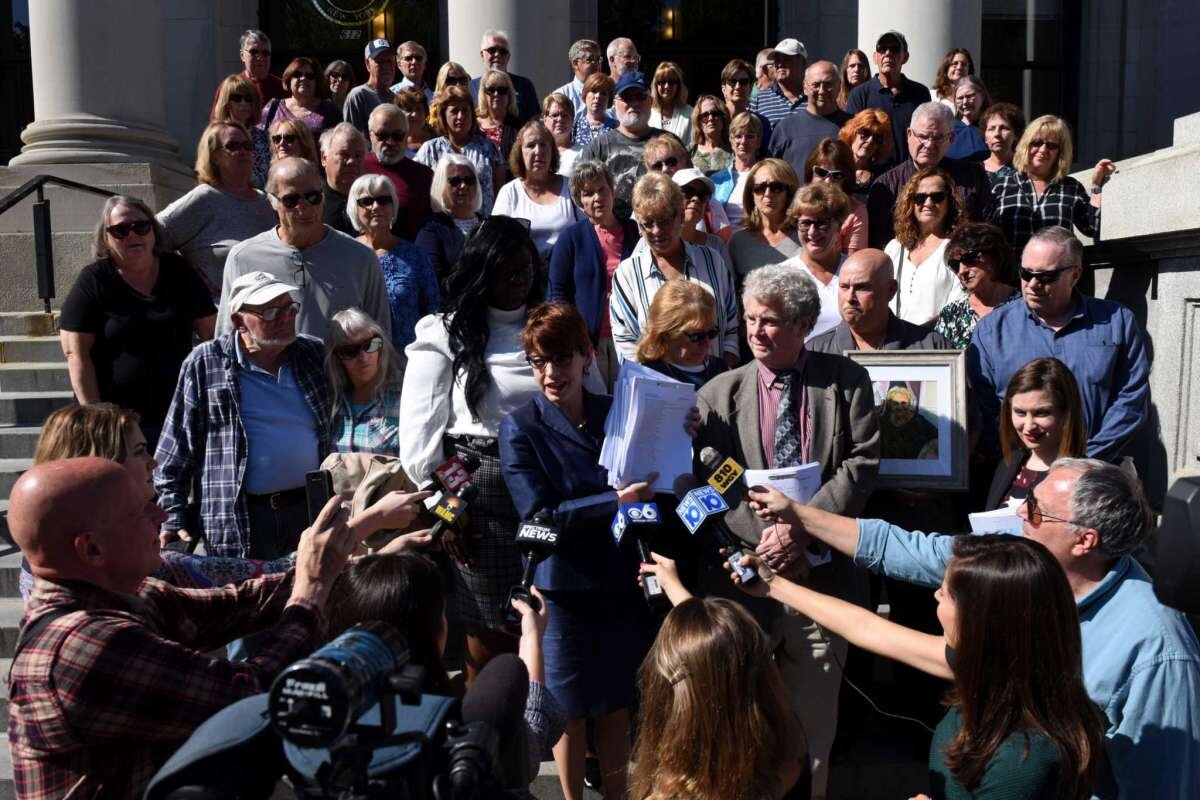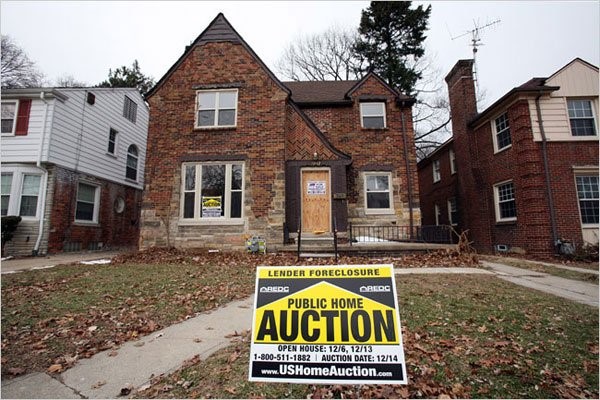
SOCIAL JUSTICE BLOG
Read and share extraordinary stories from the frontlines of social change

A Beginner’s Guide to Forced Arbitration: A Barrier to Social and Economic Justice
Concealed in the fine print of many standard-form contracts, arbitration clauses force workers and consumers to give up their right to sue a company in court. Most forced arbitration agreements also contain class action waivers, which ban people from bringing and joining class action lawsuits against companies. People who are subject to forced arbitration agreements are instead required to resolve disputes with companies through private, individual arbitration. Meaningfully addressing and remedying social and economic injustice requires an end to forced arbitration.

Broken Promises and Shattered Dreams - Seeking Economic Justice for the St. Clare’s Pensioners
on July 15, 2020 the Hon. Vincent Versaci of Schenectady Supreme Court denied the motion, holding that the pensioners had sufficiently shown both that the corporation had breached its duties to the plaintiffs and that that the diocese might be liable. Based on the judge’s ruling, we are moving forward with discovery, bringing the St. Clare’s pensioners one step closer to their day in court. We recognize that this is only the first battle and that there is a long road ahead, but we are honored and privileged to be fighting for justice for the St. Clare’s pensioners.

Economic Justice: Low-Income Detroiters To Keep Their Homes
Cynthia was told she’d have to pay a flat fee of $5,000 to save her home. She folded, and her home will be offered up at an auction this fall. Cynthia is not alone. These obstacles, combined with the fact that few eligible homeowners know about the exemption, resulted in tens of thousands of low-income Detroiters losing their homes for inability to pay taxes they should’ve never been charged. This foreclosure crisis had a disproportionately devastating effect on African-American homeowners, who are often more likely to be foreclosed on than non-black homeowners.

Economic Justice For Los Angeles Bus Riders!
The case was a classic civil rights case involving poor minorities whose need for basic travel to jobs and for everyday life fell victim to the desire of public officials to serve rail riders from the better-off, mostly white suburbs and the lure of flashy new trains and ribbon-cutting at sparkling new train stations.

Health Care Giant Holds Out On Low-Income D.C. Residents
“People won’t have to beat the odds if we change the odds,” said George A. Jones, CEO of Bread for the City. “Ebony isn’t an isolated case, More than 100,000 D.C. residents live at or below the poverty line. While we have some measure of success providing primary medical care, there is a gap between what we have the capacity to offer now and what we could offer [with access to the surplus].”Through various legal maneuverings, the company has managed to avoid spending a dime.
Fighting for a Lifeline
“The last time I was shut off, I panicked,” says Penny Medeiros, who has a condition that requires 24-hour electric powered oxygen. “I tried to pay what I could and got help from charities to pay National Grid, but they wanted more and then they shut me off. I had to use my emergency supply of battery-powered oxygen and was getting ready for the ambulance. Then Senator Reed’s office called them and I got my service back on.”
Arrested Just For Being Homeless
Janet Bell, a resident of Boise, ID, became homeless more than ten years ago, but it was only after she was arrested for sitting outside that she took the city to court.
Janet, who lost part of her left arm, and nearly her life, from an infection that she caught living outside received her first of multiple citations simply for sitting on a riverbank with another individual. Janet, like most homeless people, couldn’t afford to pay the tickets and eventually she was arrested. The city targeted many other homeless individuals in this manner.
